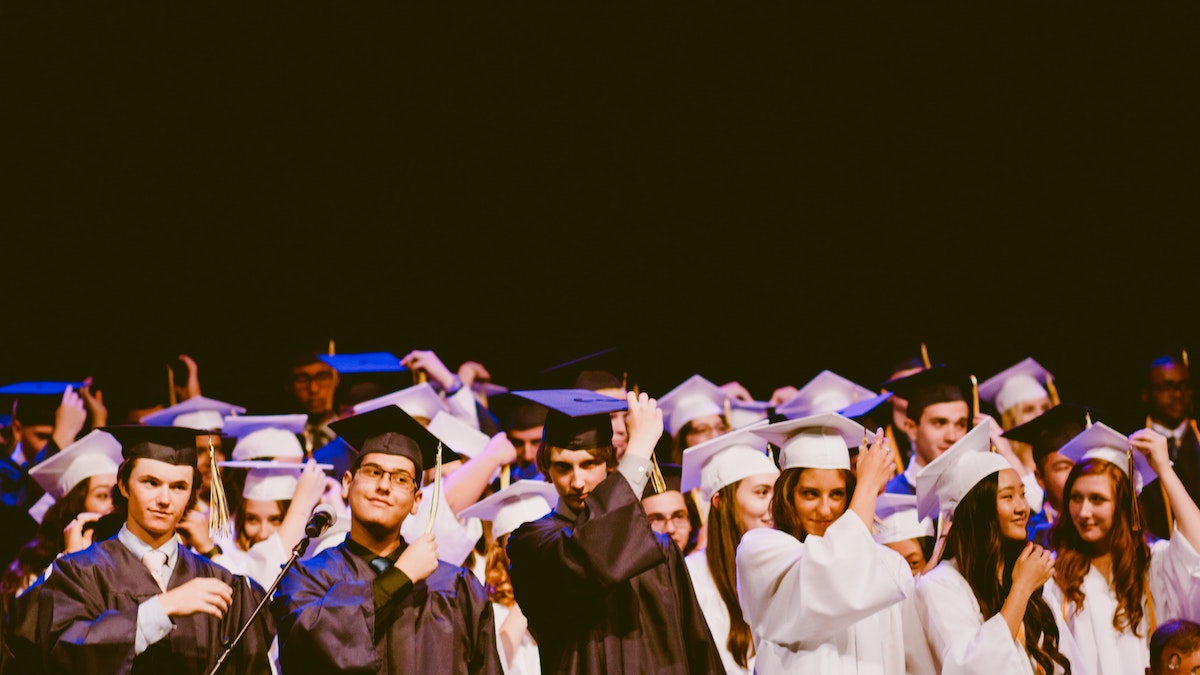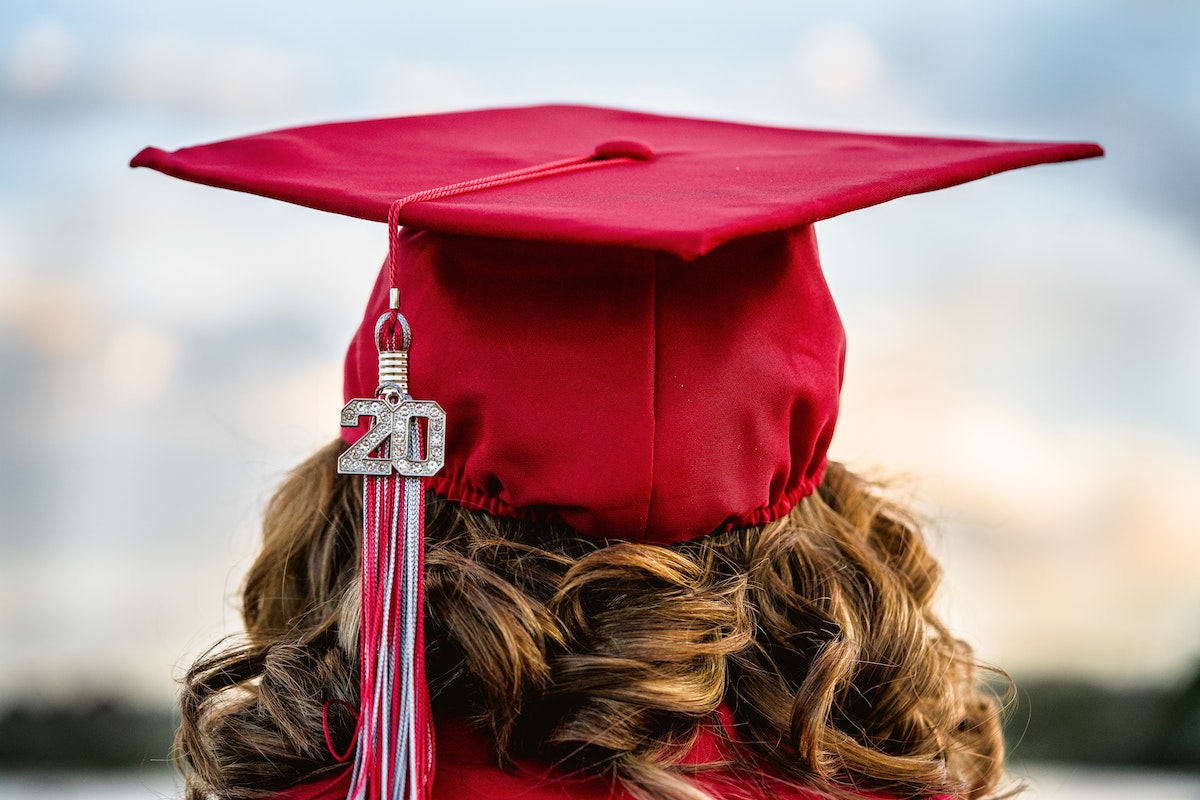
It seems as if there are two kinds of graduation narratives for what happens after young collegians toast each other with one last Natty Light or hard seltzer, flip their tassels and head out to take on the world.


The first narrative is that the world is their oyster. The economy is booming, entry-level jobs are plentiful, and projections show that their lifetime earnings will be the envy of their non-college-educated peers. Such was the welcome for the class of 2019.
The second narrative is that they are unlucky enough to have been stepping out into a stagnant economy, with job prospects scarce and the likelihood of living at home with mom and dad dismally inevitable. I’m looking at you, 2020.
I know how you feel. I graduated in one of those dismal times. Inflation. Political turmoil. High unemployment. Like many of my peers, I fled first to the safe haven of grad school. Then, hungry to experience a bit of what we called TRW (the real world), I crossed the country and became a fish cutter. I learned a great deal at both places.
Fast forward a number of decades, and now it is my youngest daughter, a proud 2020 grad, who is sharing that second narrative of dismal prospects awaiting her class. Yet her challenges, while superficially similar to mine in the bleak postgrad prospects, are far more striking than anything I endured.
For starters, last May came and went without a graduation ceremony. The class of 2020 will be the one with the giant asterisk explaining why no graduation videos, no graduation speakers, no closure, as we say these days.
There are no guarantees, for starters. Life is for real. There are 160,000 people who were alive last February and are not now.
And that robust economy that greeted the grads of 2019 has almost instantaneously vanished. The graduates gave up cap and gown for masks and social distancing. Job interviews are by video, internships are remote and everything comes freighted with risks.
Yet I don’t pity my daughter and her generation. Living through a historic pandemic, economic collapse and racial upheaval isn’t pretty, but it is instructive.
It is so darn easy to take things for granted: That success is guaranteed. That earnings always go up. That we’re No. 1 by virtue of just being us. The graduating class of 2020 is learning some more important lessons.
There are no guarantees, for starters. Life is for real. There are 160,000 people who were alive last February and are not now. My daughter has taken to saying with a touch of mock drama, “We are all going to die.” Besides being a statement of fact, I think it is her way of dealing with the immensity of the moment.
Another lesson is that sacrifice is part of life. We make sacrifices for others. My daughter, who is living with us for the moment, knows that our vulnerability to the coronavirus is greater than hers, and this impacts the jobs she considers, the outings she makes. It’s not all about her. It’s about us.
That’s a lesson our whole nation is struggling to learn. Her generation may understand it more quickly than its predecessors.
Finally, there is the lesson of faith, hope and gratitude. God is still with us, and in our need, we turn to him a bit more. Hope keeps us going, preserving us from self-pity and despair. And gratitude. To see so many people in need right now puts our own frustrations in perspective.
This too shall pass. We’ll get through this terrible time, but I hope the class of 2020 doesn’t forget what it is learning after graduation: There are good lessons in bad times, if they pay attention.
– – –
Greg Erlandson, director and editor-in-chief of Catholic News Service, can be reached at gerlandson@catholicnews.com.






